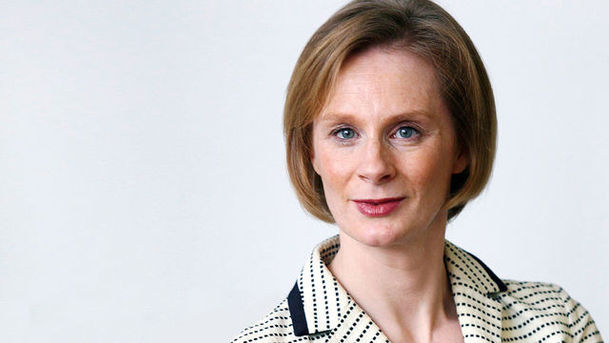1989: The '89 Generation

Anne McElvoy meets British politicians to find out what impact the revolutions of 1989 had on them and on the worldview they use to govern us. She compares notes with culture secretary Ben Bradshaw, who at the time was a BBC reporter in West Berlin, and plays him archive of his younger self interviewing Berliners selling bits of the Wall to tourists. German-born Labour MP Gisela Stuart talks about the emotional impact of watching the Wall fall, on TV in Birmingham. And Conservative Party Chairman Eric Pickles tells Anne how in 1968 he was a teenage communist, but was so angry at the sight of Soviet tanks crushing the Prague Spring that he joined the Tory Party. He talks about his feelings on watching the final overthrow of communism in Prague 21 years on. Anne brings together former London Mayor Ken Livingstone and shadow schools secretary Michael Gove, who spent part of the winter of 1989 as a picket, to compare notes about the impact of 1989 on their personal politics. Shadow Cabinet member David Willetts recalls how prime minister Margaret Thatcher stunned guests at a lunch held by his think-tank in December 1989. When the Wall fell she responded with joy, but a few weeks later she was greeting the prospect it opened up - a united Germany - with vehement hostility. Anne also talks to foreign secretary David Miliband, his Conservative shadow William Hague and Liberal Democrat leader Nick Clegg about the impact that the death of communism still has today on British foreign policy, our involvement in global turbo-capitalism and what our political parties are for.